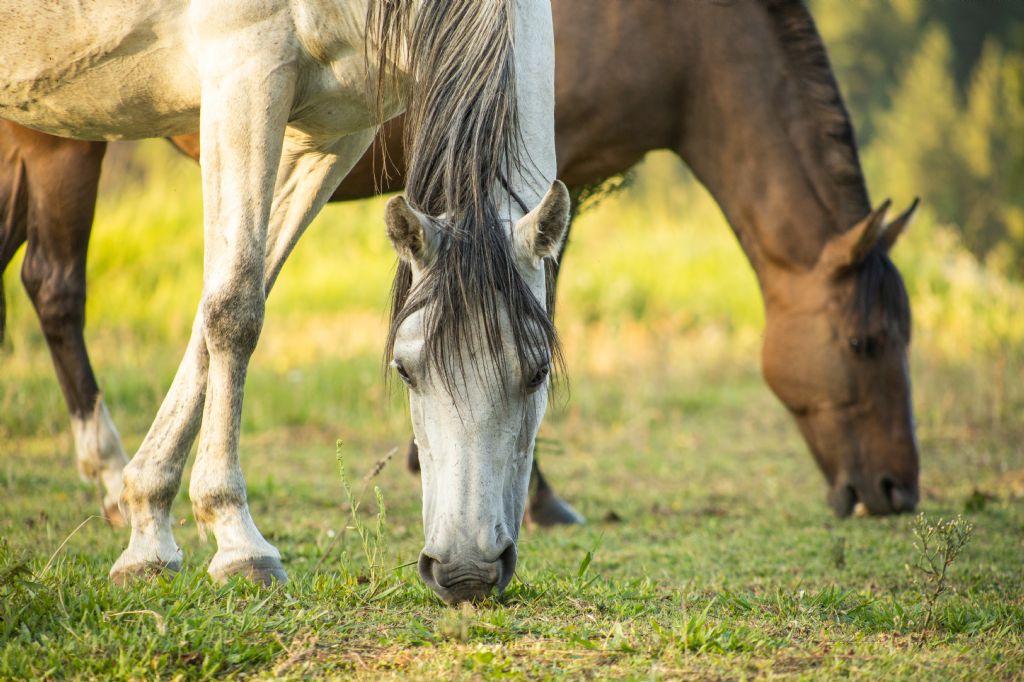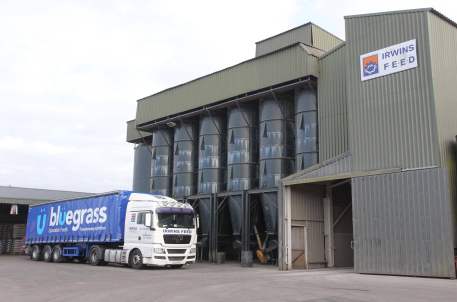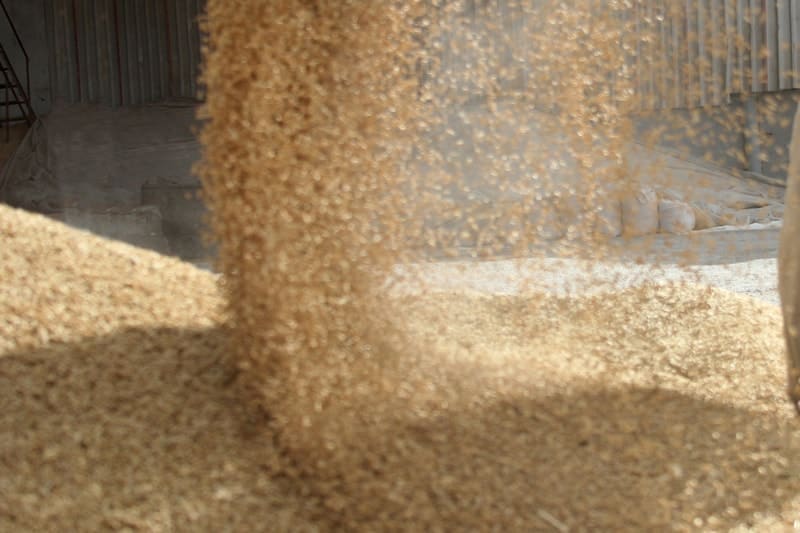Bluegrass News
The weaning process has been reported in recent research as one of the most stressful events in a horse’s life (Mach et al 2017).
During weaning excess energy is utilised and as a result, an increase in frequency of volatilisation and a temporary period of decrease weight can be observed. Weaning affects physiological, nutritional and cognitive – behavioural responses. Nutrition plays a vital role during weaning to encourage continued steady growth rates. Inadequate nutrition of weanlings has been associated with higher risks of Developmental Orthopaedic Diseases, (DOD).
What impact can stress have on the weanling?
Stress during weaning can result in a reduction of weight, diarrhoea and suppressed immunity. Stress hormones have been reported to impact negatively on the gastrointestinal tract, specifically the intestinal microbiome, which can lead to potential growth of harmful organisms such as Escherichia Coli. Avoid changing feeds, checking teeth, giving vaccinations or otherwise adding excitement to their daily routine. Both progressive and abrupt weaning methods contribute stress levels to the foals, pre-weaning and post weaning management is vital for foal development during these periods.
What nutrition should be provided during weaning?
According to The National Research Council (NRC) Guidelines, foals gain an average 0.8kg per day. A diet must meet or exceed NRC recommendations for energy, protein, calcium and phosphorus. A forage only diet for growing foals is unlikely to meet these requirements as forage is a low source of lysine, an essential amino acid for growth. Most foals are gradually introduced to concentrates through eating small amounts from the mares feed. Creep feeding may be introduced to foals from two to three months old, often a time when the milk production begins to decrease and no longer provides all the nutrients required by the foal. Familiarising with eating concentrates prior to weaning can help to reduce stress during feeding times once separated from the mare.
A Steady, Sound Growth is the primary goal when feeding weanlings. Bluegrass Foal and Yearling Mix meets the requirements of the weanling and promotes a steady daily weight gain. Keeping a routine record of condition score and weight post weaning helps to highlight growth concerns before they become detrimental. Conor Sheridan from Bluegrass Horse Feeds stated "There's enough that can go wrong at weaning time without adding nutrition to the equation. The simpiler and less stressful you make the weaning process, the less chance you have of your foal going backwards and having to play catch up. Good nutrition and good planning is an essential part of preventing that"
What about the mare?
Weaning for mares is not considered to be as stressful, particularly for those that have previous offspring. However, attention should be given to the nutritional changes required by the mare. Some may be pregnant during the weaning process and therefore it is highly important to ensure nutritional imbalances do not occur. The absence of concentrates during weaning can result in a slow down of milk production. Decreasing milk production as quickly as possible will keep the mare comfortable and reduce the risk of health issues, such as mastitis.
Providing high quality forge until milk production ceases should be sufficient in most cases, however the addition of a balancer, such as Stamm 30, will provide additional proteins, vitamins and minerals necessary, especially to those mares that are pregnant.
For more information on feeding during weaning, click to speak with our expert team or download your free Bluegrass Horse Feeds Breeding Guide.












